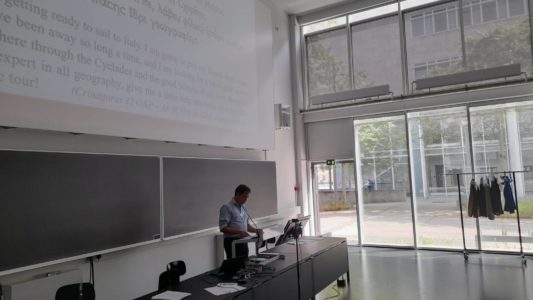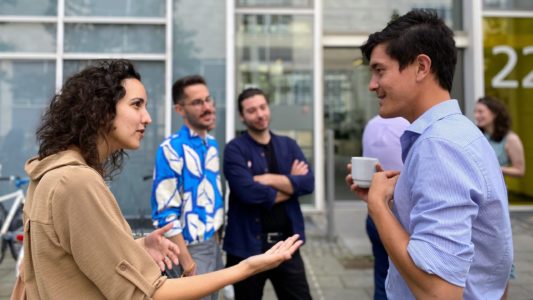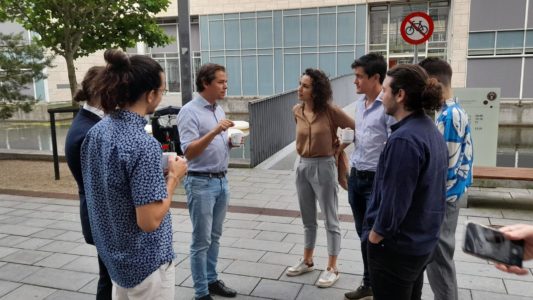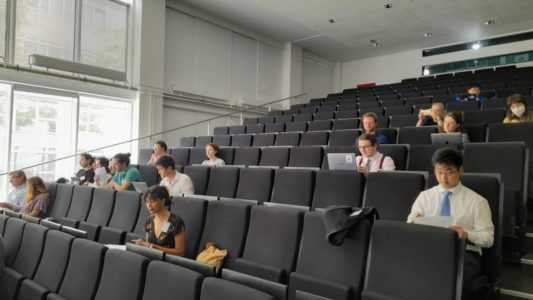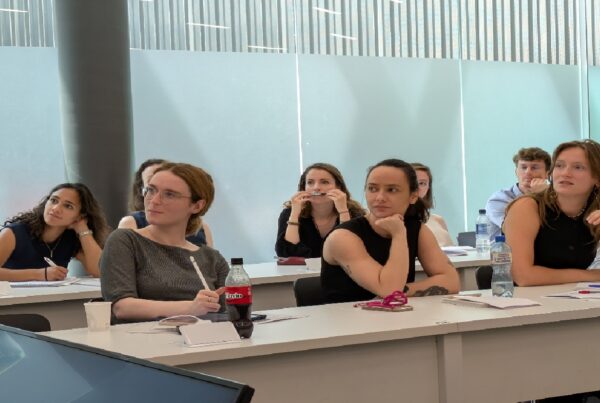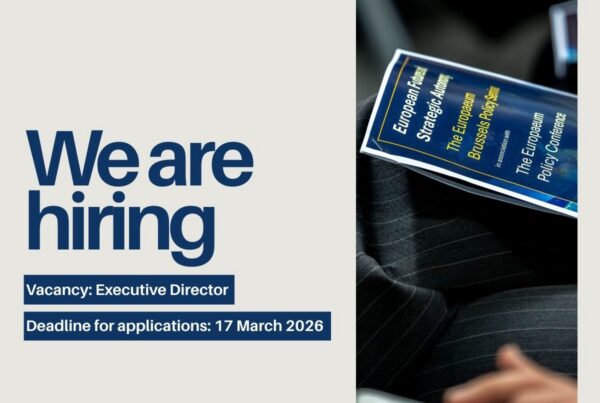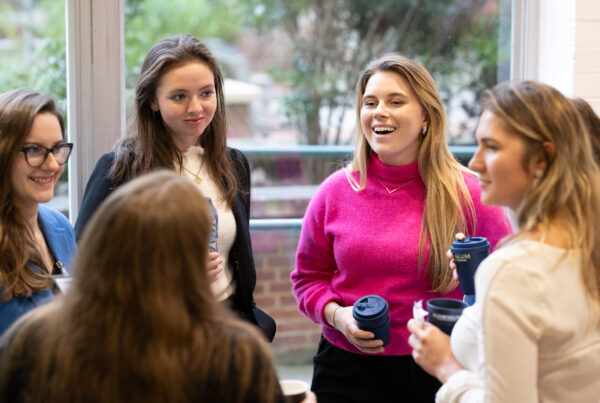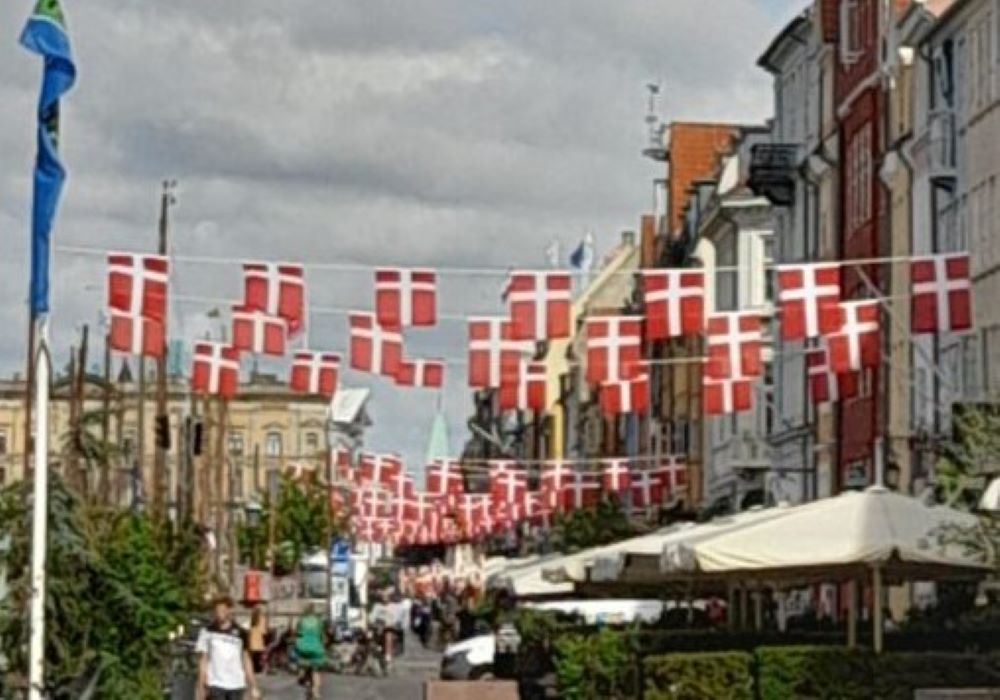
Report by Dr Dimitar Bechev, Acting Programme Director for Core Activities
On the 27th and 28th of June, the EUROPAEUM held its annual Classics Colloquium at the University of Copenhagen. Entitled ‘Migrants in the Ancient Greek and Roman World’, the event was hosted by Dr Christian Ammitzbøll Thomsen, assistant professor at the host university. It involved 16 students from the following members of the EUROPAEUM: Jagiellonian University in Krakow, KU Leuven, Leiden University, the University of Oxford, Sorbonne University, the University of Bologna, Complutense University of Madrid, Ludwig-Maximilian University of Munich, Charles University in Prague, and the University of Copenhagen as well as senior faculty from Copenhagen, Krakow and Oxford. Following the opening speeches by Prof Kirsten Busch Nielsen, dean at the Faculty of Humanities, University of Copenhagen, Dr Dimitar Bechev (Acting Director for Core Activities, the EUROPAEUM), and Dr Thomsen, the colloquium opened with a keynote speech by Prof Demetra Kasimis from the University of Chicago. Drawing on her work bridging political philosophy and the study of Classics, Prof Kasimis explored the theme of the Antiquity as a critical resource to engage with contemporary issues such as national borders, migration, the plight of refugees.
The first panel on mobility opened with a presentation by James Hua (University of Oxford) who looked at the displacement and repatriation of Samians in 322 B.C. as a catalyst of building collective identity linked to belonging to the island of Samos. The second paper, by Oriol Febrer (Leiden University) discussed the Garland of Philip of Thessalonica, an anthology of Greek-language epigrams from the 1st century AD, with regard to the origins of the individual authors and their trajectories through various localities in the Roman Empire. Last but not least, Dr Thomsen gave a paper entitled Citizen Non-Citizens: Citizenship, Identification and the Metic Experience in Classical and Early Hellenistic Greece. In it, he discussed the complexity and ambiguity of the metic status in the city states of Classical Greece.
The second panel (“Status”) started with Alexandros Boukouvalas (Freie Universität Berlin) who talked about metics and citizens in ancient Athens based on “Against Neaera”, a prosecution speech delivered by Apollodoros of Acharnae against the freedwoman Neaera. Maja Rechendorff Møller, part of Dr Thomsen’s team at the University of Copenhagen, presented on the metic khoregoi (benefactors) in the island of Delos.
The third session was dedicated to translation, another form of mobility. The paper by Marcel Nowakowski (Krakow) addressed how Ancient Greeks viewed the diversity of dialects in their language and how that impacted the idea of a Hellenic ethnicity. Teresa Torcello (Bologna) similarly tackled the subject of the construction of Self and Other through language and translation. The title of her presentation was Translating for the Barbarians: How Latin Translators Dealt (and Played) with the Concept of Foreignness.
The second day of the colloquium kicked off with a keynote speech by Prof Krszysztof Bielawski. His focus was on Ancient Greek drama as a means to understand and deal with the trauma of displacement affecting refugees. Prof Bielawski echoed some of the thoughts about the tenuous linkages between territory and identity in Prof Kasimis’ lecture to reflect on the human cost of the war in Ukraine and its impact on those pursuing safety and asylum. In a similar vein, Will Shao (Oxford) revisited Medea, a classic tragedy by Euripides, casting its protagonist as a person deeply traumatised by uprooting and migration. Next, Eliška Šolcová (Charles University, Prague) discussed Euripides’ Children of Heracles (Heraclidae) in light of migration. Finally, Pablo Rodriquez (Madrid) spoke about the mutual influences between Gnosticism and Neoplatonism.
The closing panel featured two online presentations on migration in the Roman Empire. Anna Bowory (Krakow) looked at the case of Aromanians, a traditionally transhumant community in the Balkans speaking a local Romance idiom related to Romanian. Olivia Norris (Munich) presented a paper titled Dis Manibus with Ethrogim: Composite Identities and Jews in the Funeary Apitaphs of the Late Antique Roman Catacombs.
At the end, all participants agreed that this year’s Classics Colloquium had been a stimulating and productive event. Everyone was excited and very much looking forward to the 2023 edition of the colloquium.
James Hua
The University of Oxford
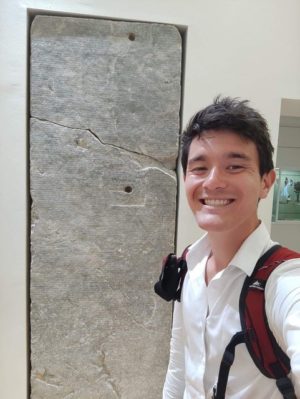
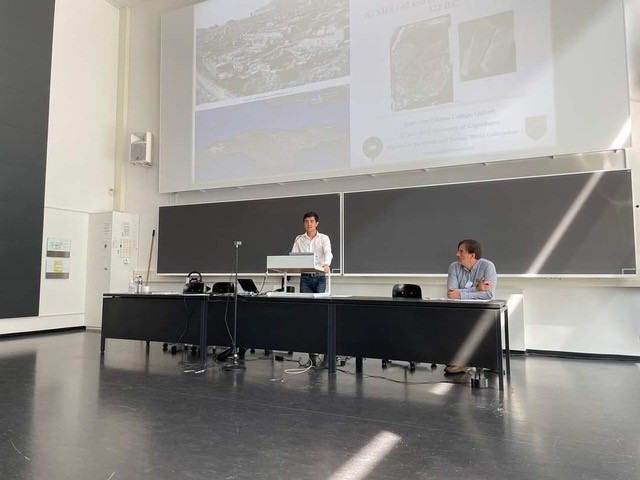
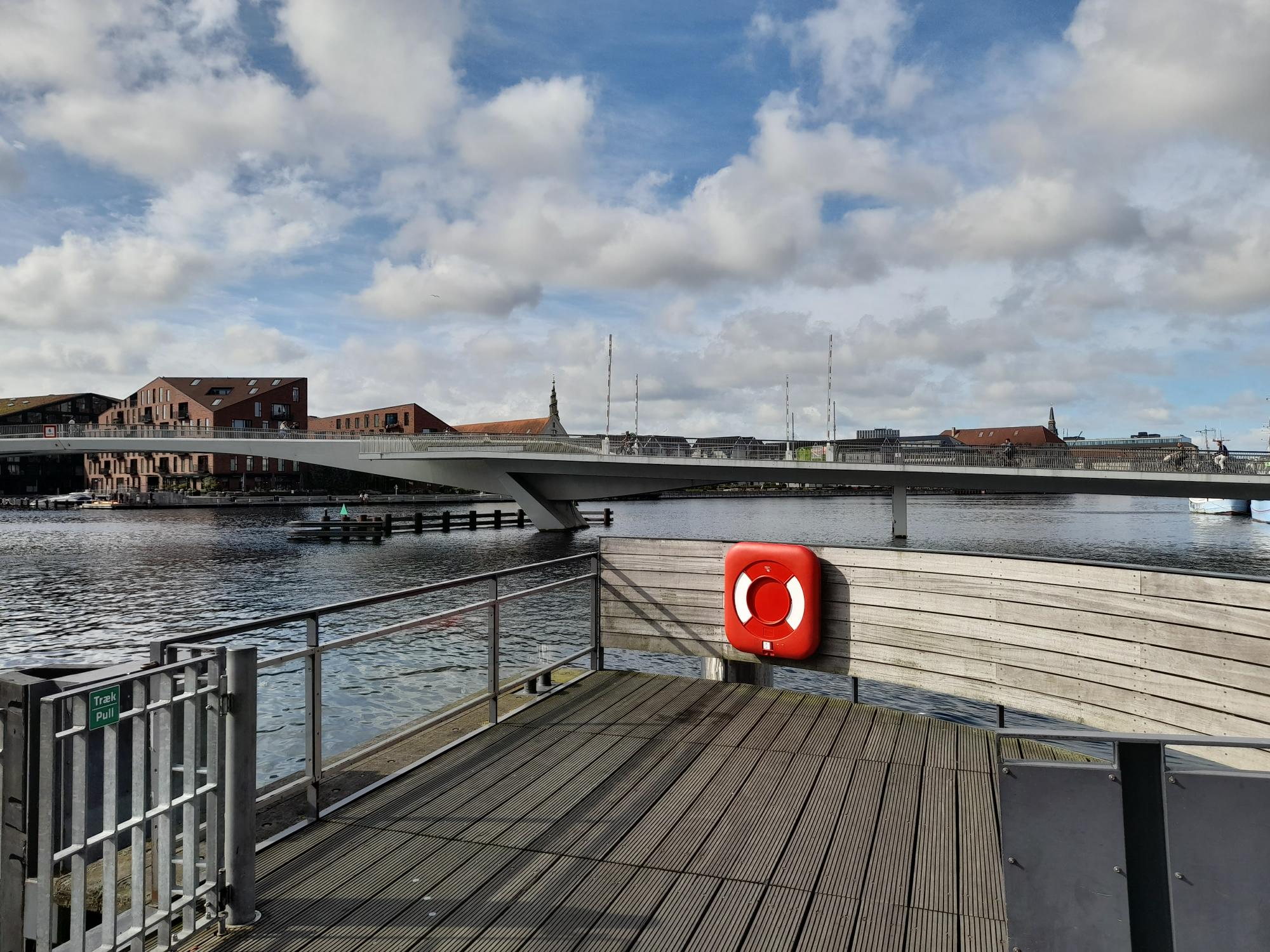
As my first international conference, the Europaeum’s Classics Colloquium in Copenhagen this June offered me the best possible avenue to enter the professional academic world, refine my research with a wonderfully-diverse set of peers, and rethink my project in today’s world. The Colloquium’s theme is already indicative of the Europaeum’s unique outlook: the theme of ‘migration’ in the ancient world challenged us to reconsider our research vis-à-vis today’s most pressing issues, refugee crises and multiculturalism. Coming out of this, fifteen diverse papers from literature to history, philosophy to linguistics, right across the 1000 years of antiquity (and beyond), brought out the surprising potential and many ways of using the ancient world to newly inform modern issues and policies. The well-organised panels helped to create a cumulative dialogue, often bringing different perspectives on the same material, and led to a clear manifesto of ideas in our stimulating concluding discussion. These valuable interdisciplinary methodological insights, new evidence, and interpretations will be central in my PhD’s research, but also will bring new perspectives on my methodology and make my research directly contribute to debates on today’s issues.
Complementing this, the Colloquium also provided the crucial networking – across 18 top European universities – which we graduates need to develop future research projects, as well as forging lifelong friendships. Alongside the lively question time, the well-equipped coffee breaks and excellent dinner (kudos there!) offered valuable hours to debate our ideas and learn about each other’s cultures. Making this even better, the program frequently touched on Copenhagen University’s research projects, giving me an insight into the Danish academic system and exciting future collaborations there. To top it all off, the canal boat trip around Copenhagen capped what was a truly mind-opening, forward-looking, enjoyable Colloquium.
The Europaeum’s Classics Colloquia
The Classics Colloquia is a proud fixture of the Europaem calendar. It began in 2001 to address a want for greater support for classicists, a relatively neglected group in the international realm. Since then, our colloquia have cultivated a wide network of classicists; scholars, researchers and experts, producing thought-provoking and fruitful exchange year on year.

